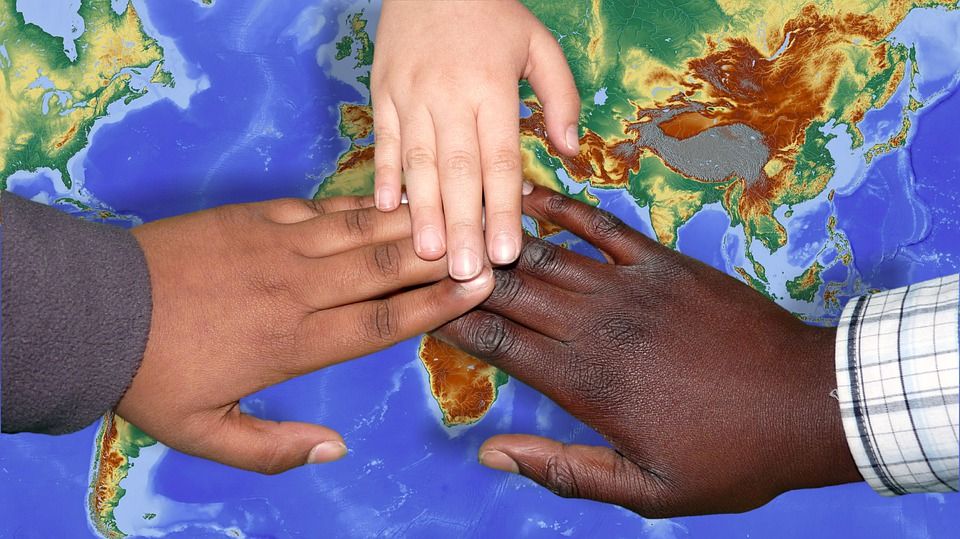Denmark is among the countries to sign the new UN agreement on migration, ‘Global Compact for Safe, Orderly and Regular Migration’ (GCM).
PM Lars Løkke Rasmussen is in Marrakesh to ink the deal, which largely concerns tackling the considerable migration taking place from Africa to the EU.
“The UN declaration is a symbol of being part of the international community and I am pleased that a broad majority of Parliament indicated their support to Denmark signing on. Cross-border problems demand cross-border co-operation, not isolation,” said Rasmussen.
READ MORE: Denmark will have up to 400,000 more immigrants by 2060 – report
Rest easy, DF
Rasmussen, who has been under recent pressure from right-wing party Dansk Folkeparti (DF), which didn’t want Denmark to sign the declaration, underlined that the agreement was not legally-binding and therefore didn’t trump Danish law.
Ultimately, that means that Denmark can continue on its stringent course in terms of immigration, and the PM contended that it was important to differentiate between legal and illegal migration.
The agreement will formally be approved in New York on December 19 and it is here that the Danish government will convey its interpretation of the declaration.
As of now, Denmark’s interpretation proposal has attracted backing from Norway, the Netherlands and Lithuania, and Rasmussen expects more countries to join the ranks before December 19.















